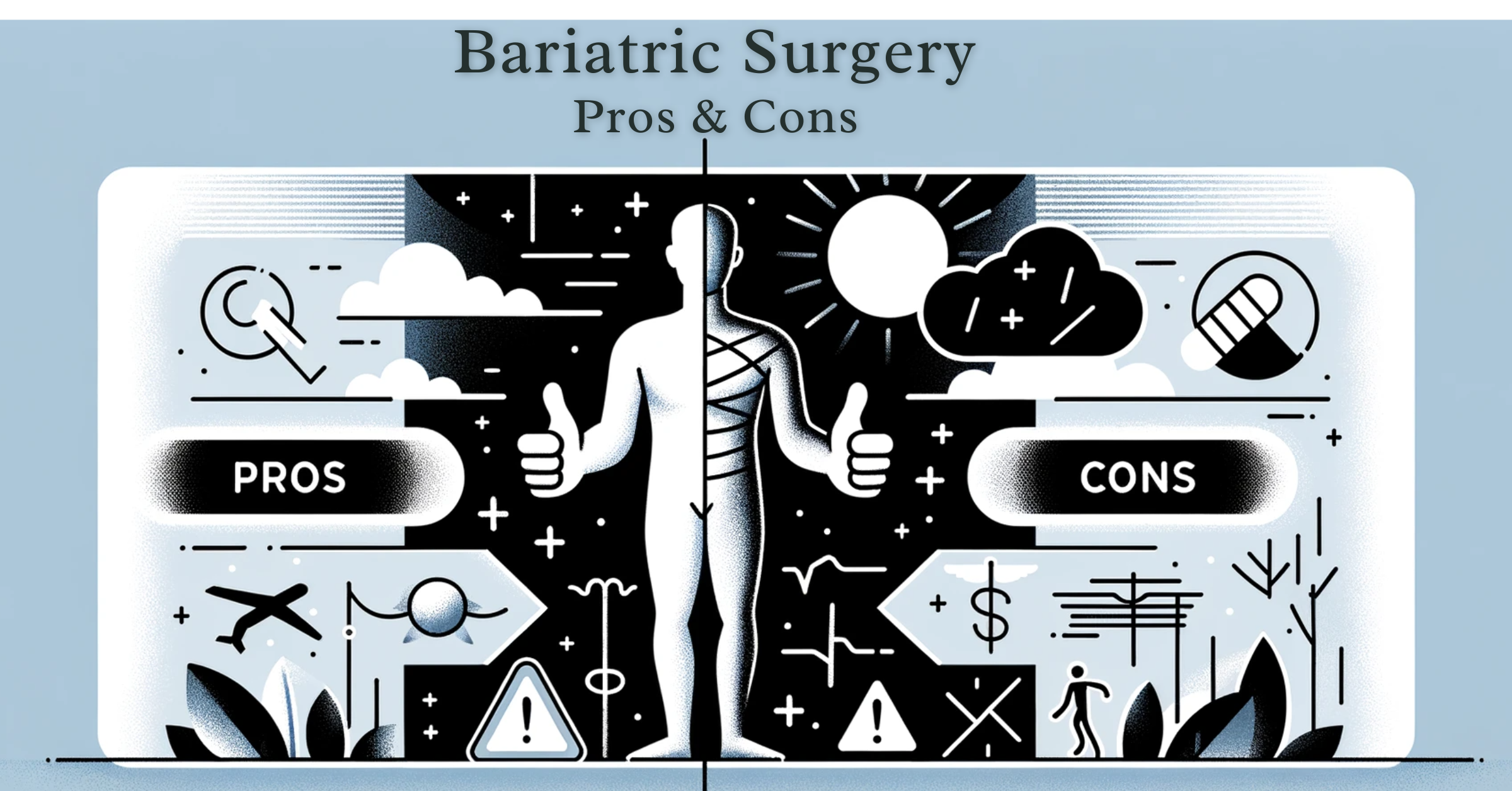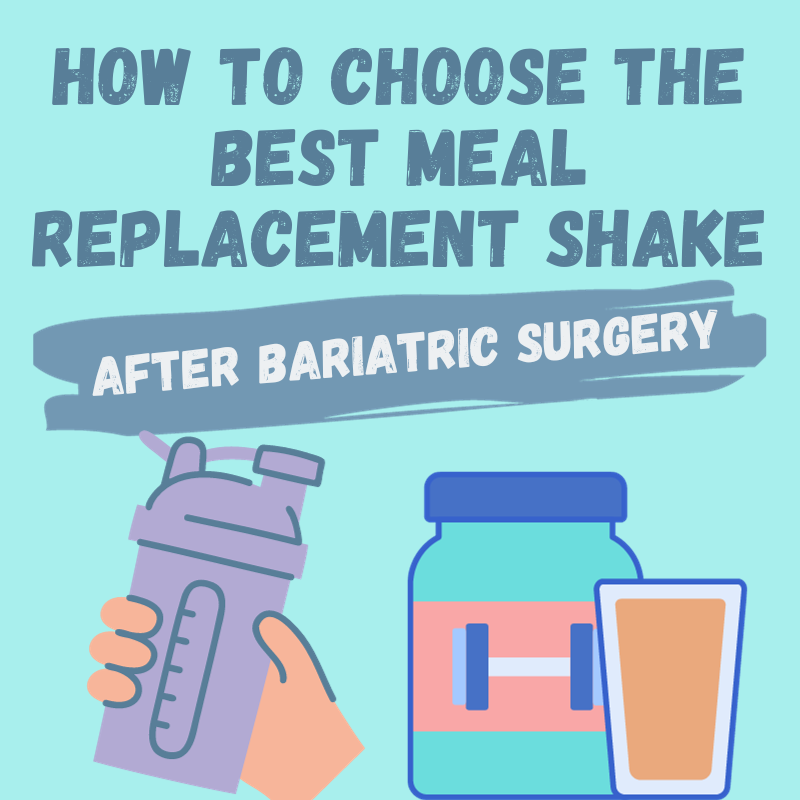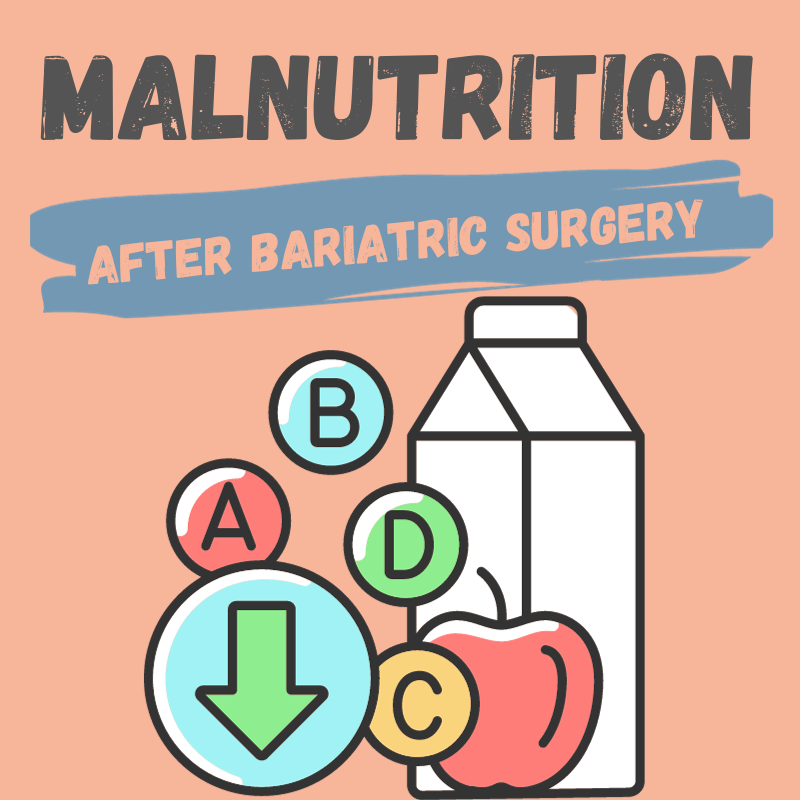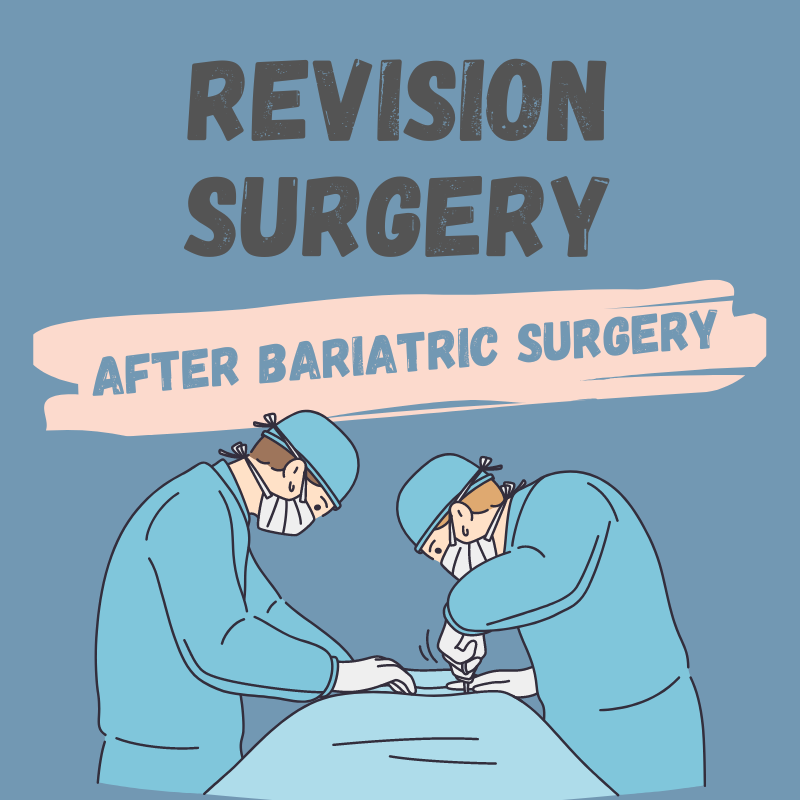Your cart is empty

Bariatric Surgery Pros and Cons: Is It Right For You?

Over 200,000 bariatric procedures are performed in the U.S. each year, making it an increasingly popular option for sustainable weight loss. However, these surgeries come with some major considerations and lifelong impacts.
In this comprehensive guide, we’ll cover the pros, cons, types of procedures, key questions to ask, and more to help you determine if bariatric surgery is the right choice for you.
A Quick Overview of Common Bariatric Surgeries
There are a few types of weight loss surgery options to choose from:
- Gastric bypass: This is the most common and effective surgery overall. It divides the stomach and reroutes the small intestine to reduce nutrient absorption.
- Sleeve gastrectomy: Removes 80% of the stomach to limit food intake. No rerouting of intestines.
- Gastric band: An inflatable band placed around the top of stomach to create smaller pouch for eating. This is the least invasive option.
Each surgery has its own benefits and downsides. On average, gastric bypass patients lose the most weight initially but sleeve gastrectomy has higher patient satisfaction long-term.
The Pros of Bariatric Surgery

Let’s start with the potential benefits of bariatric surgery first.
1. Effective Long-Term Weight Loss
For those struggling with severe obesity, bariatric surgery can help patients achieve significant, sustainable weight loss results better than diet and exercise alone.
- Patients lost an average of 28.4% of body weight after gastric bypass and 14.9% after gastric banding 3-7 years after surgery in one major study (LABS)
In addition to the numbers on the scale dropping, bariatric surgery has positive impacts on obesity-related conditions:
- 84% diabetes remission rate in gastric bypass patients
- 56% reduced cardiovascular disease risk (1)
- 76% improvement in quality of life scores (2)
For qualifying patients, bariatric surgery gives your body additional support to achieve health and wellness goals that lifestyle measures alone cannot provide.
2. Reduced Healthcare Costs Over Time
While bariatric surgery represents a significant upfront investment, studies show healthcare savings of $4,000 to $6,000 per person in the first 2-4 years post-surgery. Over 3-5 years, it evens out cost-wise and leads to net savings after that timeline.
Read Here to Learn About Insurance for Bariatric Surgery
These reductions come from less frequent doctor’s visits, lab testing, and medications needed for obesity-induced conditions like diabetes and heart disease that improve after surgery.
Cost-effectiveness analyses found that bariatric surgery has a high return-on-investment over a 5 to 10 year period.
3. Lower Risk of Early Death
For qualifying candidates, weight loss surgery can significantly reduce mortality risk from obesity-related diseases:
- 40% decrease in early death risk from diabetes, heart disease, and cancer based on a Swedish study of over 4,000 patients
- Every 30% increase in weight loss resulted in another year of life gained
- Younger patients saw the most lifespan increase - 90% reduced mortality for those under 35 years old
While no surgery comes without risks, bariatric procedures can add years back to your life, especially for those diagnosed with obesity at a younger age.
The Cons of Bariatric Surgery

However, bariatric surgery is certainly not all sunshine and rainbows. There are some major cons and considerations to think through first.
1. Permanent Lifestyle Changes Are Required
While the upfront surgical procedure happens relatively quickly, maintaining long-term weight loss requires permanent lifestyle changes. These include:
- Committing to a lifelong bariatric diet high in lean protein, fruits, vegetables, and whole grains
- Taking daily complete bariatric multivitamins and minerals to prevent vitamin deficiencies
- Completing regular lab work and follow-up appointments to monitor progress
- Incorporating consistent physical activity as able based on abilities
Without diligently sticking to these new habits, patients risk weight regain, nutritional deficiencies, or even the need for additional surgery down the road.
2. Risk of Complications During and After Surgery
As with any major procedure, bariatric surgery comes with risk of complications - some with severe or lasting consequences. These include:
- Blood clots that could lead to pulmonary embolism
- Leaks along staple lines or surgical sites
- Strictures causing narrowing or blockages in reconstructed digestive tracts
- Infection or slow healing of incisions
- Uncontrollable bleeding requiring transfusions
- Other rare but serious risks like heart attack or stroke
In the first 6 months post-op, patients follow strict liquid or pureed diet protocols to allow stomach and intestines to heal without further damage.
Rapid weight loss after surgery also commonly leads to some hair loss and anemia. Proper nutrition and lab work helps reduce this side effect.
While the risk of complications is relatively low (around 10 to 15% on average), be sure to understand the potential downsides before surgery.
3. Weight Regain is Possible Without Ongoing Effort
For those who undergo bariatric procedures but then revert back to unhealthy eating habits down the road, weight regain is unfortunately fairly common. One study found over 30% of patients regained at least some lost weight between 2 and 10 years post-op.
The more that diet and lifestyle habits deviate back toward old patterns, the higher the chance of regaining weight. In some cases where significant regain occurs, revision surgeries may be required to jumpstart additional weight loss.
By sticking closely to post-op diet protocols focused on high protein, nutritious bariatric foods (like specially formulated protein shakes), regularly exercising, and taking bariatric supplements long-term, patients give themselves the best chance of maintaining results.
4. Emotional and Psychological Challenges
Beyond the major physical changes happening internally during rapid weight loss, bariatric surgery brings along some mental and emotional challenges as well. These include:
- Post-op depression linked to hormonal changes and reduced intake while healing
- Potential eating disorders if patients return to unhealthy eating patterns
- Body image issues associated with loose skin after losing 100+ pounds
- Increased alcoholism rates if alcohol is used as a crutch post-surgery
Therapy, support groups, open conversations with close friends and family, and self-care practices help address the mental side effects of surgery. Finding healthy coping strategies early makes success more sustainable long-term.
Is Bariatric Surgery Right For You?
While bariatric surgery can jumpstart weight loss unlike anything else, it comes with good and bad lifelong effects to consider. Discuss all pros and cons openly with your bariatric team and loved ones to determine if the benefits outweigh the risks in your situation.
Surgery serves as a powerful tool, but not a quick fix all. Success after bariatric surgery requires consistent hard work and commitment to permanent lifestyle changes. For those who put in the effort though, the lasting impacts make all the difference.
Bariatric Guides & Information
More Info
Customer Favorites
- Choosing a selection results in a full page refresh.































